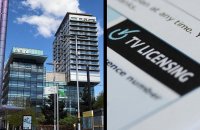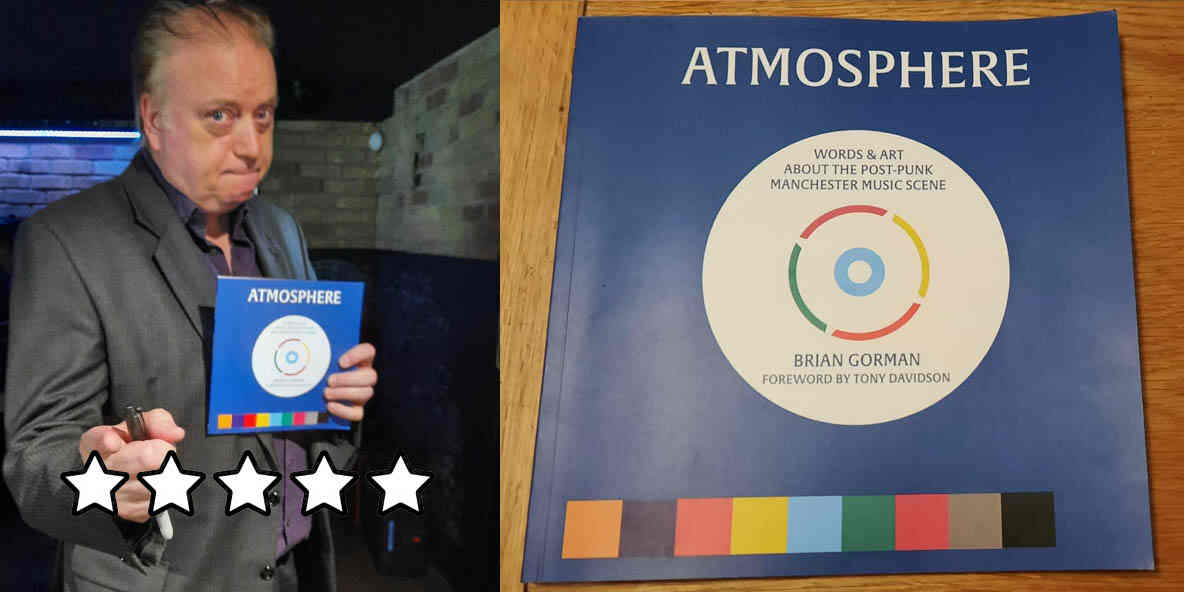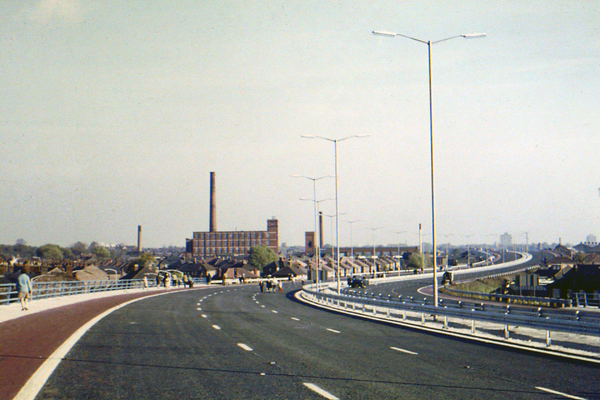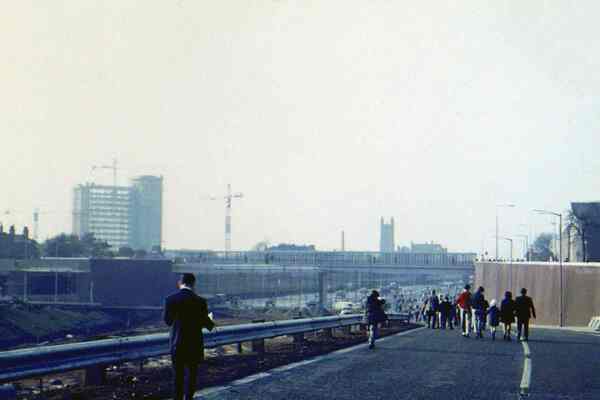
The BBC has announced it is to increase the annual cost of its colour TV licences from £154.50 to £157.50, a rise of £3.
For those still watching the world in glorious monochrome, they will see a £1 rise which will take the cost from £52 to £53.
The new changes will come into force on the 1st of April with some claiming the corporation is treating the public as fools after just last year announcing it was to means test FREE licences for those over 75-years-old.
Campaigners for the over 75 groups affected by the changes have slammed the increase, although the level of the corporations fee is set by the government who told them that it must only rise win inflation from 2017, the BBC can not raise it higher than the cap allows.
In recent weeks the BBC has announced it is to scrap up to 450 jobs in its news department in order to make £80m in savings over the coming five years. It has also scrapped headliners such as the popular Victoria Derbyshire show from its roster.
The BBC says it needs to make the cuts in order to save £800m per year from its annual takings of £3.7bn.
The company affectionately known as Auntie has come under heavy criticism over the past few years as spiralling pay packets for its stars have been publicly revealed and the quality of some of its shows reportedly lacklustre.
Campaign groups say that the fee should be scrapped and the company be made to live in the 'Real World' like other broadcasters have to, one petition which has gained almost 400,000 signatures has called the fee 'Daylight Robbery' and an 'Enforced Tax' which puts an ever increasing burden on the poor.
The fee was introduced back in 1923 but in this day and age many think it is no longer relevant and that the company should be forced to compete fairly with the rest of the broadcasters in the country.
MP's have recently called for an end of prosecutions in courts for those who do not pay the fee, they state that by decriminalising it the courts would be freed up to deal with other cases.
A loophole in the law means that many have cancelled their licence as they don't legally need to have one.
If you do not watch Live TV either over the air or online at time of broadcast or any of the BBC's own catch-up services iPlayer, then you do not legally require to hold a licence.
So long as you are not watching or recording Live TV then you are perfectly legal to watch content from online streaming providers such as Netflix, Amazon and others.
Edited by KARL







Recommended Comments
There are no comments to display.
Create an account or sign in to comment
You need to be a member in order to leave a comment
Create an account
Sign up for a new account in our community. It's easy!
Register a new accountSign in
Already have an account? Sign in here.
Sign In Now